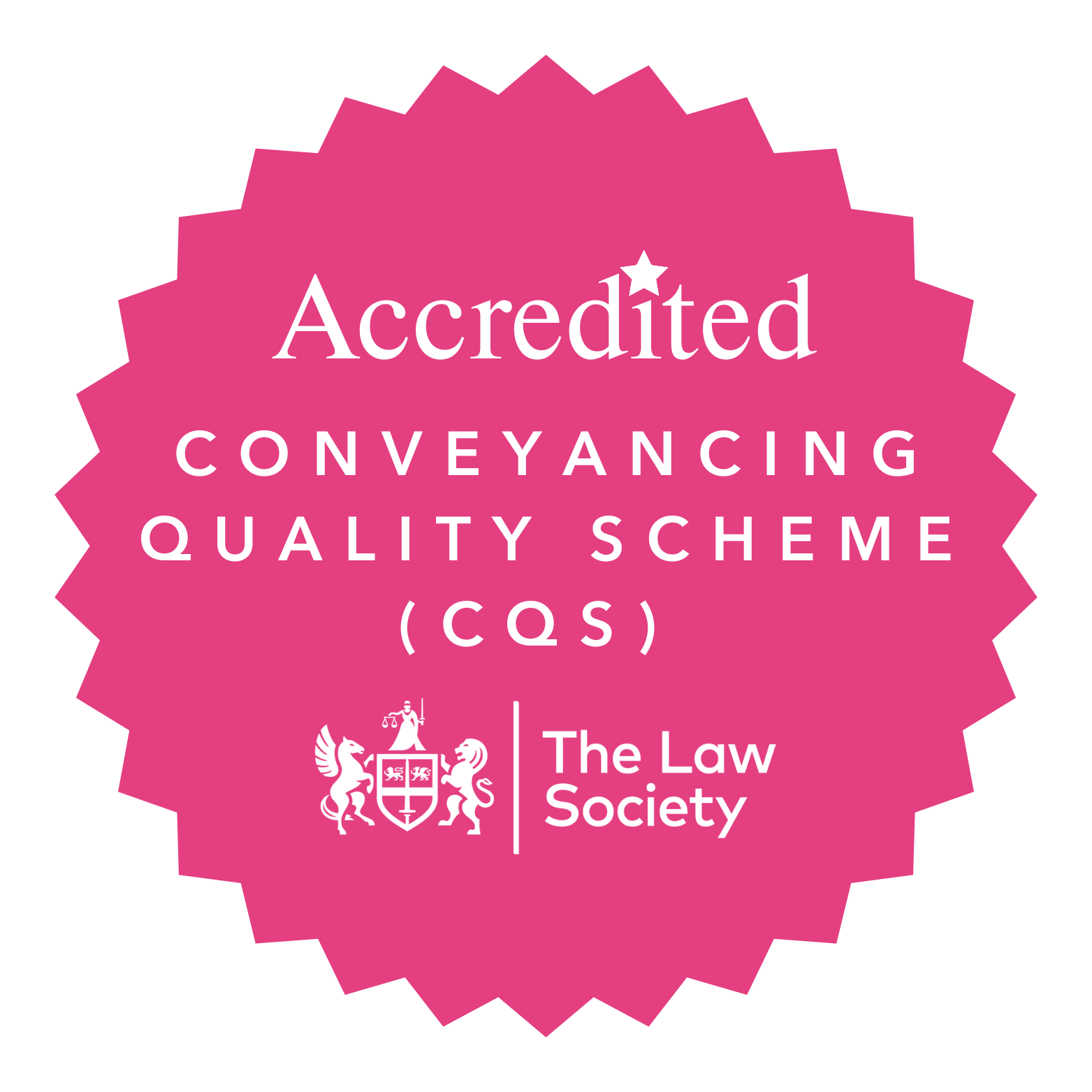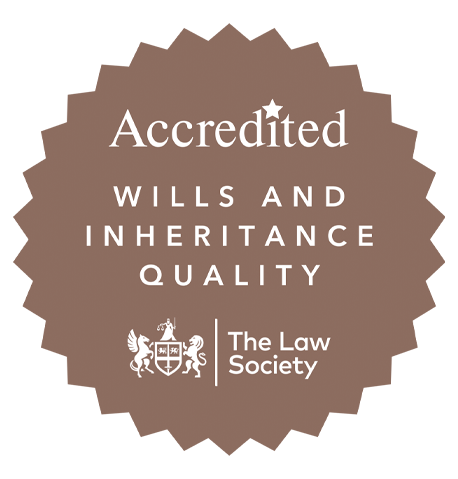The following points are very important to bear in mind when taking on a brand new Lease of business premises.
Sometimes you may be taking over an existing Lease with some years left to run. In this case many of these points will still be relevant, when it comes to considering your obligations under the Lease, but there will be no scope for negotiations with the Landlord.
Are you getting expert legal advice?
No……
You should. You will be risking hidden liabilities and problems. Many things are negotiable at this stage if you know how.
Is the Lease for more than five years?
If yes……
Short (five year) Leases are the current trend and provide greater flexibility and mean much less of a financial burden. If the length can’t be reduced it may be possible for you to be granted a right to break the Lease earlier – perhaps at the end of the first five years.
Do you want a break clause?
If yes……
Try and make sure it is drafted so that there are no hidden traps; and there are lots of these so, for example, you need to check that it is not conditional on full performance of your obligations under the terms of the Lease.
Have you checked the going rate for the location and type or premises?
If no……
An independent surveyor’s view is useful and can strengthen your negotiating position.
Will you be responsible for repairs to the property?
If yes……
It is really important to check out this type of hidden cost. Repairs can be very expensive, particularly with older premises. However, it may be possible to limit your liability when negotiating the Lease. Also you should consider having a survey.
Is there a service charge?
If yes……
Even though you may not be directly responsible for repairs, you will probably have to pay a share of these and other expenses through the service charge. You need to make sure that you are not being taken advantage of by being made to pay for costs that the Landlord should be paying.
Are you VAT registered?
No……
Beware: the rent may have VAT added to it. It may be possible to get your Landlord to agree not to impose VAT during your term.
Is it possible you may want to move and pass the Lease on one day?
Yes……
Even after you have passed the Lease on you will probably still be liable for the rent and other Lease obligations so at this point you will need to put your own safeguards in place. It is therefore very important to check the new Tenant is financially sound. Also, you may have to foot the bill to put the premises into a reasonable state of repair.
Is there anything in the Lease that might stop you passing it on to someone else?
Yes……
Your Landlord may require any incoming Tenant to meet certain conditions and standards. You need to check that these are not unreasonably difficult. You also need to check whether and how this applies to sub-letting the premises as well.
Is it possible that the rent might be increased under the terms of the Lease?
Yes……
This is usual if the Lease is for more than five years when it will be subject to review after then. It is common for this to be a market rent. More frequent rent reviews may have been included but this is unusual and could be the subject of negotiation.
Can the rent only go up on this review?
Yes……
This is common, but it may be worth trying to negotiate for the rent to go down as well if rents in the market have generally fallen at that time.
Have you checked assumptions for calculating market rent at review?
No……
Take care! Leases can contain wording that will cause artificially large, unreasonable increases.
Are you being charged a sum of money up front or, in other word, a premium?
Yes……
This is rare unless it is a very unusual property. You should consider a valuation to assess whether this is reasonable.
Is a rent-free period offered?
Yes……
Reflects the state of the market, but should be seen in context of the Lease.
Are you planning to improve your premises?
Yes……
If adding genuine value to the premises, you may be able to negotiate something in return, eg a rent-free period. In any event, you should make sure that the improvements are not included in rent review valuations.
Have you checked Planning Permission for intended use?
No……
Take care! This is your responsibility. You will probably have no claim against the Landlord if you discover consent is required after moving in.
Taking on an assigned Lease?
Yes……
Remember many of the points mentioned above will still be relevant when it comes to considering your obligations under the Lease, but there will be no scope for negotiation with the Landlord. Also, take care! You may be taking on all liabilities for repairs etc, not just show from when you move in.
Also……
The Landlord will probably also have to give consent, and will want to vet you and your financial status.
TAKING ON LEASED BUSINESS PREMISES
A major part of the cost of running a business is having premises. Including the rent, rates and repairs, it will count for a significant percentage of your overheads so it is vital to get the right premises – suitable for your needs, now and in the future, and on the right terms.
Few business have the capital to buy the Freehold of new premises, so renting makes sense and is the most common way to proceed. But remember that leasing business premises is not the same as renting a residential property. For one thing, you need to think about a lot more than the rent and the length of the Lease. For another, the terms of business Leases are much less standardised, which means that careful reading and a full understanding of the legal and commercial implications of the Lease are always required. On the other hand, if you are taking on a brand new Lease just about everything is up for negotiation if you can present a good case, subject to market conditions at the time.
Be particularly wary of restrictive terms and conditions, otherwise your premises can become a problem you could do without. As many Tenants discover when times are hard it can be very important then to have a “break” clause or the right to pass on the Lease.
A range of expert advice is essential when negotiating a Lease. Getting legal advice can save you significant money and sleepless nights. In addition to legal advice you should consider asking a surveyor and/or a valuer for specialist advice on areas mentioned elsewhere in this leaflet, such as the market rent and other terms for the type of premises in question, and to report on the possible liabilities for repairs etc.
Make an enquiry
To discover more about how our solicitors can help you, please make a no obligation enquiry by either calling us on 01297 32345 or by making a free online enquiry.







